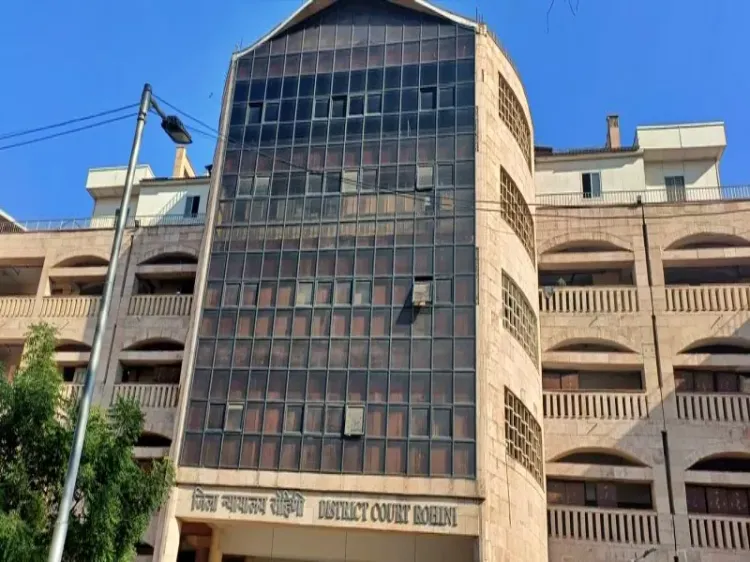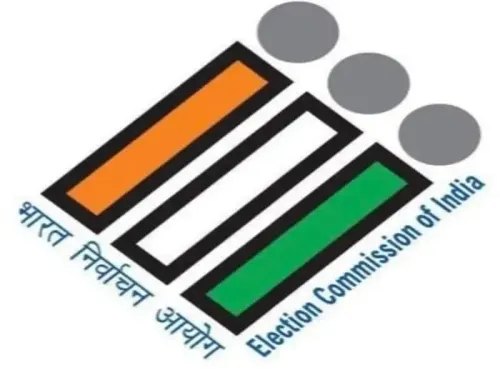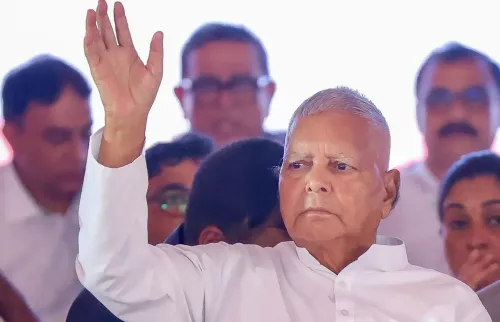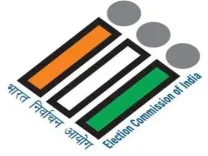Did Delhi Court Grant an Interim Injunction to Adani Enterprises in Defamation Case?

Synopsis
Key Takeaways
- Adani Enterprises Ltd. has secured an interim injunction in a defamation case.
- The court has ordered defendants to refrain from publishing defamatory material.
- There is a significant emphasis on the importance of verified reporting.
- The ruling addresses the balance between corporate reputation and media freedom.
- Continued circulation of defamatory content could result in irreparable harm to AEL.
New Delhi, Sep 6 (NationPress) A Delhi court has issued an interim injunction favoring Adani Enterprises Ltd. (AEL) in its defamation suit against various reporters, activists, and organizations, which it claims are “aligning with anti-India interests”.
The Rohini Court instructed the defendants — journalists Paranjoy Guha Thakurta, Ravi Nair, Abir Dasgupta, Ayaskanta Das, Ayush Joshi, the Bob Brown Foundation, Dreamscape Network International Pvt. Ltd., Getup Ltd., Domain Directors Pty Ltd., and “John Doe” parties — to abstain from publishing unverified, unsubstantiated, and ex facie defamatory reports about AEL.
Additionally, the court mandated the defendants to remove any defamatory content from their articles or social media posts; otherwise, intermediaries such as Google, YouTube, and X.com have been ordered to delete the defamatory material.
Issuing summons to the defendants, the court emphasized that they should not publish or disseminate “unverified, unsubstantiated, and ex facie defamatory reports” about AEL, which allegedly tarnish the company’s reputation until the next hearing date.
In its lawsuit, AEL asserted that the defendants had consistently targeted its critical infrastructure and energy projects, which are vital for the country’s infrastructure and energy security, by aligning with anti-India interests.
Advocate Vijay Aggarwal, representing AEL, argued that the unchecked spread of baseless claims has not only damaged the company’s reputation but also inflicted irreparable harm on investors and negatively affected India’s global brand image.
Aggarwal contended that the pattern of repeated and unverified allegations constituted a “trial by media”, something the courts have consistently cautioned against. The court concurred, noting that AEL had not been found guilty by any regulatory body or court.
“According to the plaintiff, it faced regulatory and media scrutiny in 2023 from which it emerged unscathed and has restored market confidence through transparency, de-leveraging, and consistent operational delivery. Therefore, the articles and posts deemed defamatory do not represent fair reporting,” stated the Rohini Court.
The court remarked that the ongoing circulation of such prima facie defamatory articles and posts could cause irreparable damage to the company.
“If the reliefs sought by the plaintiff are denied, it will suffer further loss of reputation that is immeasurable and could lead to irreparable injury,” the order indicated.
“The defamatory articles and posts do not constitute fair reporting. Additionally, such publications aim to create sensationalism that may influence public perception and undermine the plaintiff's rights. Thus, there exists a prima facie case in favor of the plaintiff,” it added.
The court clarified that the injunction would not impede fair and accurate reporting and would “not be interpreted as restraining anyone from reporting on investigations and court proceedings... as long as it is fair and accurate reporting based on substantiated and verified information.”










